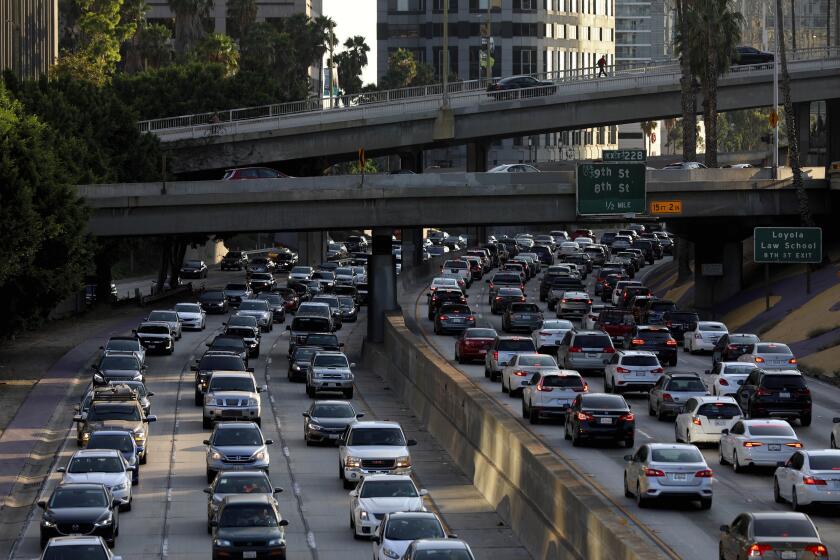Still Stalling on Health Care : California should lead the way to providing a national answer
- Share via
The health care message from Sacramento yet again was “better luck next year.” There’s hope that a new energized governor will work with legislators in a way Gov. George Deukmejian could or would not.
That’s a reasonable hope, but it will take more than new blood in the state house to solve what is a national health-care crisis of mammoth proportions. California should lead the way in providing a national answer to the question: Does the United States want to remain the only industrialized nation (besides South Africa) that has found no way to provide health care for all of its citizens?
The United States spends 11.5% of its gross national product on health care, yet some 35 million Americans have no health-care insurance. The U.S. health-care system has been described by as “a paradox of excess and deprivation.”
In California, so often a microcosm of the nation, that paradox plays itselfout daily with tragic consequences. Five million persons are uninsured. More get shoved into the clogged county public health system. Car accident and heart attack victims now vie for medical attention with the chronically ill who have no business getting treated in a hospital emergency room--except they have no where else to go.
Those still covered by traditional employer insurance see their companies questioning how much longer they can handle snowballing health- care costs. Actually, the answer is already clear: not much longer.
Public opinion polls show that Americans are worried about health care. Unfortunately, federal and state officials have been unable to reach consensus on a national tax-supported plan or a mandated employer insurance plan, or some combination.
Yet, consensus or not, change is coming. The longer that Washington and Sacramento fail to deal with the health-care crisis, the greater the likelihood that voter ballot initiatives will take up the cause.
Change can come with a scalpel or a meat ax. It would behoove all Californians--particularly the Legislature and the new governor--to find a way to use the scalpel, and fast.
High Cost of Health Care The U.S. spends a higher percentage of its Gross Domestic Product on health care than these industrialized nations. (Gross Domestic Product is the monetary value, at market prices, of all goods and services created in a country in a given year.) Health expenditures as a percentage of Gross Domestic Product Sources: Health Care Financing Review, 1989 Annual Supplement; Organization for Economic Cooperation and Development, Health Data Bank, Consumer Reports.






